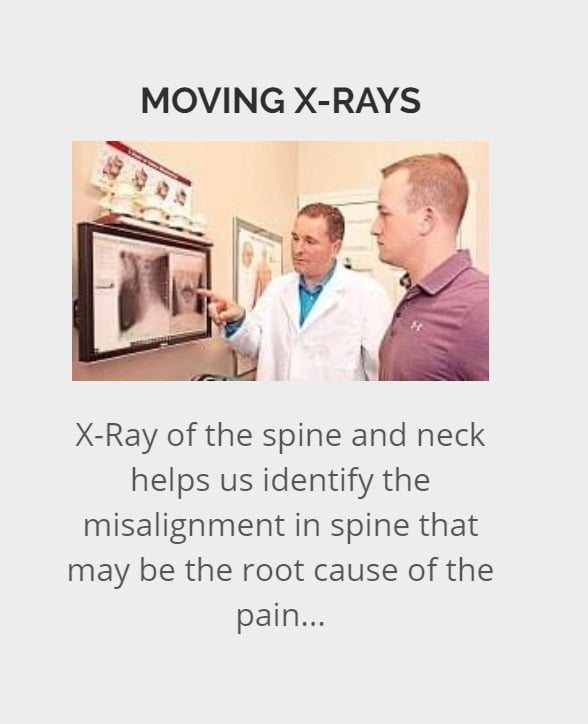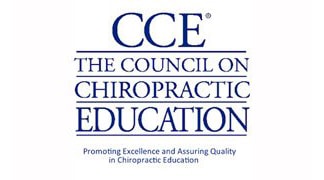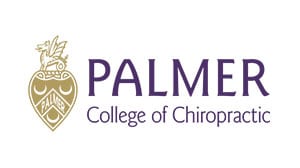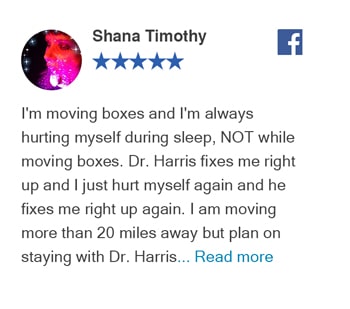Vertigo Treatment In Dallas, TX

Vertigo Specialist
Have you ever felt like the world around you was spinning so badly you could hardly stay on your feet? Then there’s a strong possibility that what you are experiencing is vertigo.
For most adults, mostly aged people, this may be a common occurrence.
There are many reasons you feel this way, and sure, if you have vertigo in Dallas, there are effective ways to treat this. Let’s find out more!




What is Vertigo?
First of all, let’s try to help you understand what vertigo is. A lot of people think that all kinds of dizziness are referred to as vertigo. However, vertigo is a specific kind of dizziness that makes you feel like the world is whirling out of control. It could also feel like you are spinning yourself, and your balance is affected. Sudden head movements often trigger dizziness in the people of Dallas.
The feeling usually reoccurs to appear and disappear r after a few minutes, hours, or even days. Sometimes, it is persistent for an extended period and never reduces. It could be accompanied by feelings of nausea or actual vomiting, headache, and increased perspiration. In some circumstances, it may cause fainting spells.
Often, vertigo is self-resolving. This means it heals without any treatment. If it doesn’t, it could be a strong indication that something is wrong with your body. Noxious chemicals in the air or certain medications can trigger vertigo.
Symptoms of Vertigo
The symptoms of vertigo may vary depending on the individual or the root of the problem. Some of the key symptoms of vertigo include the following:
- Loss of balance or stumbling while walking.
- Feeling dizzy or lightheaded.
- Ringing in the ears.
- Sudden perspiration or increased sweating.
- Having a sense of motion sickness.
- Having a sensation of fullness in one or both ears.
- Feeling faint.
- Headaches.
- Nausea.
- Vomiting.
- A feeling of being pulled in one direction.
- Abnormal eye movement otherwise known nystagmus.
- Swaying.
- Tilting.
What are the common causes of Vertigo?
In some cases, vertigo is caused by an ear infection or injury. This is referred to as peripheral vertigo. They include some of the following:
Vestibular Neuritis
This is otherwise known as labyrinthitis. Vestibular Neuritis is the inflammation of the inner ear, often caused by a viral infection. This is the part of the ear that maintains our sense of balance.
The sufferer may experience feelings of dizziness by standing up too quickly. You may also feel like you are spinning in circles.
Benign Paroxysmal Positional Vertigo
This is caused by an improper positioning of some small crystals called canaliths in the inner ear canals. Canaliths are fine particles made up of calcium. This is often associated with advancing age or stress.
Meniere’s Disease
This is an inner ear condition caused by fluid accumulation and unstable pressure. This could be caused by an infection or a blow to the ear.
Along with vertigo, Meniere’s disease causes ringing in the ears and may even cause hearing loss.
Perilymphatic Fistula
This is a condition where a rupture in the inner ear leads to fluid leakage into the middle ear.
Cholesteatoma
This is an abnormal skin growth in the middle ear caused by recurring infections in the ear. It is non-cancerous and could lead to feelings of vertigo.
If left untreated, it could result in permanent hearing loss.
Acoustic Neuroma
This is equally a non-cancerous inner ear growth. In this case, it affects the nerves of the cochlear.
Peripheral Vertigo also includes injury to the head or neck that affects the inner ear’s part responsible for maintaining balance in the body.
There are other less frequently vertigo-associated diseases like:
- Tumor in the brain
- Medication side effects
- Syphilis
- Stroke
- Migraines
- Ataxia
- Ear surgery
- Shingles
- A disease of the brain stem
- Pregnancy
- Vertigo symptoms resulting from abnormal growth, infection, or changes in the brain or brain stem is known as Central Vertigo.
Vertigo Treatment in Dallas, TX
There are various options for vertigo treatment in Dallas, and they include the following:
- Self Care
When you experience acute vertigo symptoms, you can do the following on your own to manage or treat these symptoms:
- Lie in a dark and quiet room
- Use a walking support
- Walk slowly, taking gentle steps
- Do not rush out of bed. Take your time
- Sleep with your head elevated
- Find a place to sit right away when you feel dizzy
- When you need to pick up something from a low height, do not bend over. Sit to do this or squat
- When you want to pick things from a higher elevation, use a tool. Don’t strain your neck
- Therapy
This is one of the most effective techniques of vertigo treatment in Dallas and could include canalithic repositioning. It utilizes the Epley Maneuver and is carried out by professionals like certified chiropractors.
- Medical intervention
This includes surgeries such as labyrinthectomy. Medications could also be administered based on the causative agent or accompanying symptoms.
For example, antibiotics or antiviral medication to treat an ear infection.
How Trinity Mills Chiropractic Can help in Vertigo Pain treatment in Dallas, TX
Trinity Mills Chiropractic is the top chiropractic clinic in Dallas for vertigo pain treatments. Dr. Mark Harris DC is a highly rated chiropractor in Dallas and specializes in treating vertigo pain. He has been practicing for over 10 years in Dallas.
Trinity Mills Chiropractic serves the following cities:
- Dallas
- Carrollton
- Farmers Branch
- Addison
- Plano
- Frisco
Call us today if you are experiencing vertigo pain in Dallas.
Awards & Recognitions | Trinity Mills Chiropractic





Verified Reviews | Trinity Mills Chiropractic





